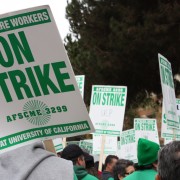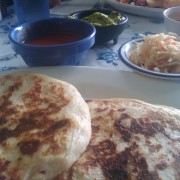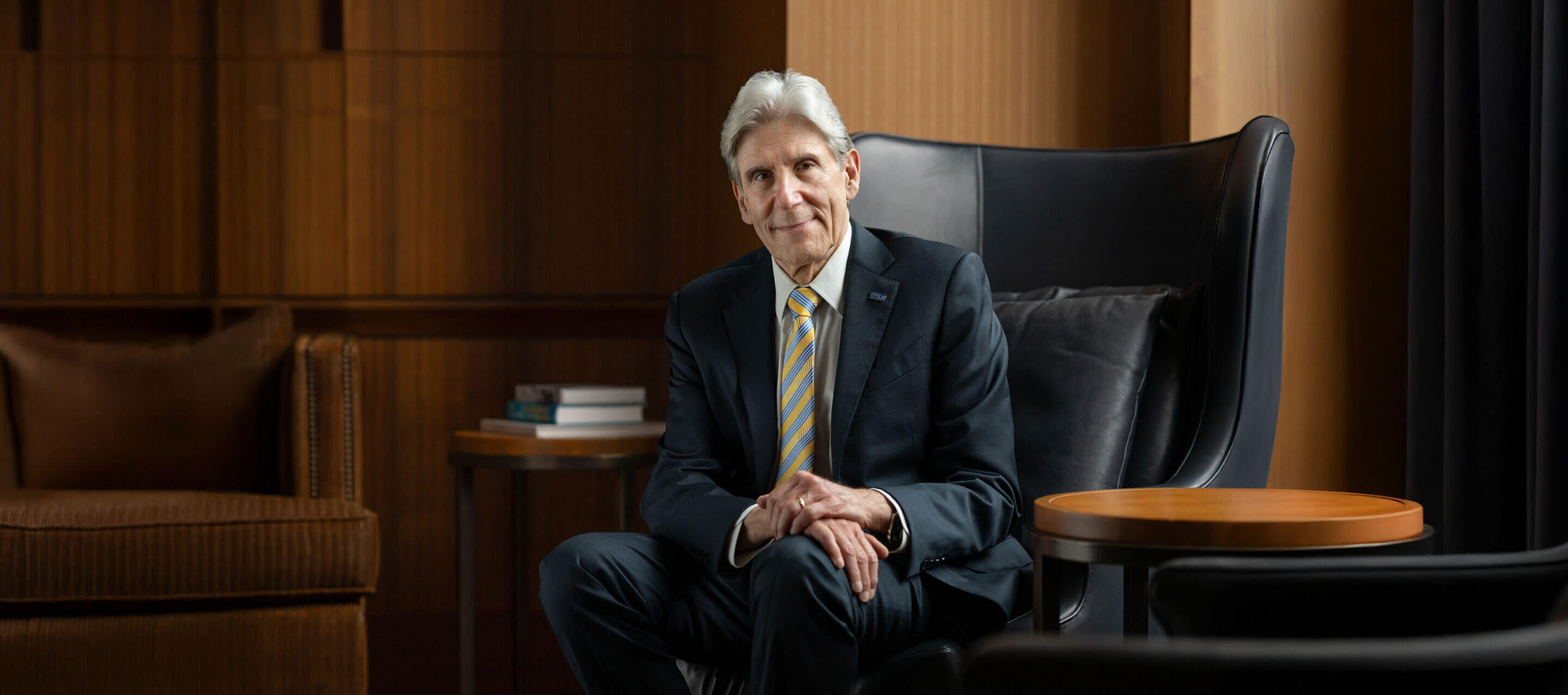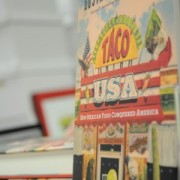Race: The R-word: Cultural sensitivity and dialogue; their absence in UC campuses
After suffering what she considered a great social injustice, Alexandra Wallace got on YouTube and ranted about how Asians were too loud in the library. Within hours, the video went viral and it was immortalized on the Internet.
Should I or anyone else, be surprised, seeing as the persistent trend of racialized incidents in UC schools?
Numerous racist attacks such as the “Compton Cookout”, thrown by a fraternity at UCSD, or the noose found hanging at a UCSD library, and the swastikas carved into dorm doors at UC Davis indicate that UC campuses have a long way to go in fostering environments of tolerance and cultural sensitivity.
Instances of racial and ethnic intolerance have initiated response from many student groups, but their impact on campuses still resonate deeply.
Here at UCLA, Wallace’s comments sparked numerous emotional responses.
At first glance, Julie Pham thought that the Wallace video might be a joke but realizing it was not, she became enraged.
“I think that Wallace’s comments [proved] her to be very ignorant,” Pham said, “Asians are not the only ones that are loud. These are stereotypes that perpetuate hateful thinking that do nothing for social change and understanding.”
Victor Chan, a fourth-year biology student, is of Asian descent and identifies as Latino. His grandfather emigrated from China to Columbia, Chan’s birthplace and home.
When Chan first saw the video, he was in disbelief.
“The first thing I did after watching the video was to make sure that Wallace in fact was a UCLA student. When I found out she was a student, it really upset me,” said Chan, “being an individual that has dealt with being part of more than one culture, I have always hoped that people would be more understanding [of] one another, and learn about one another’s cultures.”
Recently, Chan and members of his Latino fraternity, Nu Alpha Kappa, held a taco sale fundraiser on Cinco de Mayo. They overheard students nearby demean the holiday by calling it “Drink-o de Mayo” as well as saying, “Oh I love Cinco de Mayo, that’s when all the tacos come out.”
Disappointed by their attitude, Chan said, “They don’t respect the day, nor do they even try to learn about it.” All of the different people and organizations on our campus share a responsibility to begin addressing these issues, especially among our diverse student groups.
While this incident was only lived by a few members of the UCLA population, it is still a strong example of interpersonal aggressions that that promote ethnocentrism.
Changing what we know about diverse groups is essential to changing how we talk about them. UCLA students expressed their support for a more ethnically inclusive learning experience in the recent USAC election, as 62.9 percent voters approved the Communicating Unity through Education initiative, which seeks to reform general education curriculum to include a diversity requirement. Although this change to the curriculum has yet to go into effect, UCLA is making institutional moves towards creating a critical ethnic discourse.
“If we were to start to have open dialogue about the many different cultures that exist at UCLA, then we would be able to avoid such intolerance on our campus,” said Pham.
Whether it be the swastikas carved into doors, indecent party themes, or a video that demeans an ethnic group, it is abundantly clear to me that there needs to be open dialogue to help heal the social rift of these transgressions.











Leave a Reply
Want to join the discussion?Feel free to contribute!